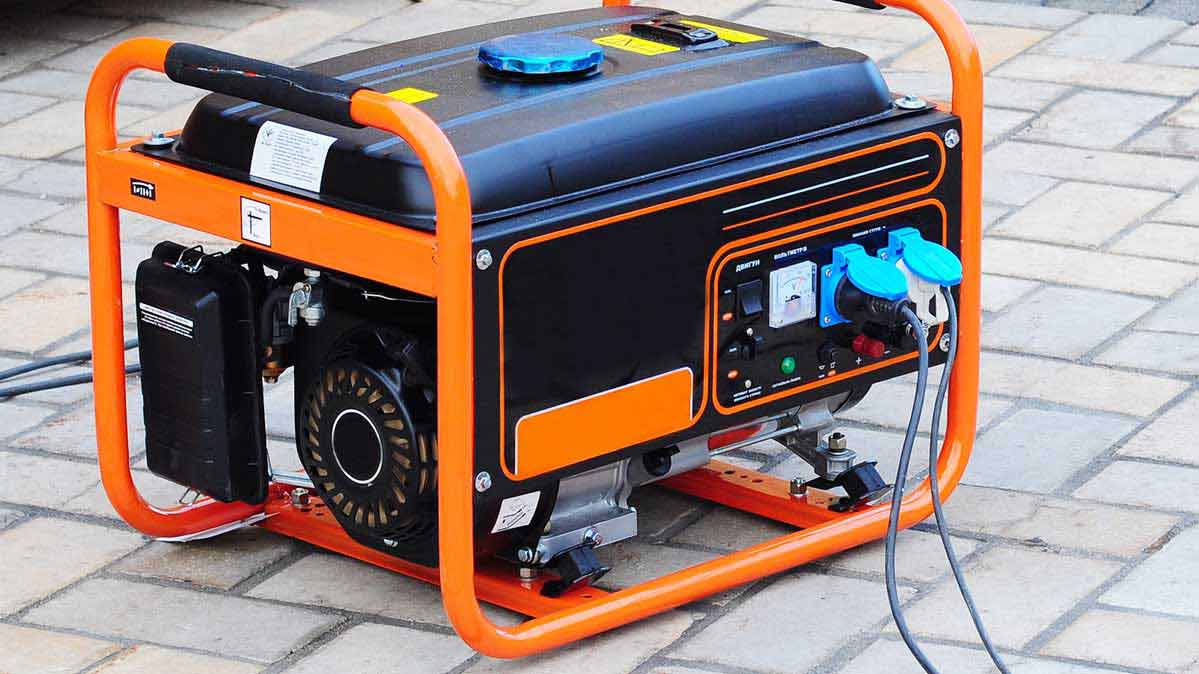[dropcap]G[/dropcap]enerators come in all shapes and sizes and can take many different types of fuel these days. But no matter what type of fuel your generator uses or what type of machine it is it will often produce electricity following the same principles.
But despite the fact that generators are growing more and more popular year on year I am willing to bet that many people don’t really know how they create electricity. Well, I can help you with that so let’s take a more in-depth look at how generators work.
Faraday Principles
Electric generators today actual work on a fairly historic principle that was discovered by Michael Faraday in 1831. The electromagnetic induction principle Faraday discovered showed that the flow of electric charges could be induced with an electrical conductor and a magnetic field.
This movement is what creates a voltage difference in the conductor and generates an electric flow. And this, in turn, generates the electric current you can use to power electrical appliances/ systems. Sounds pretty simple right? Okay, that doesn’t quite explain everything, does it?
Think about it like this instead a generator converts mechanical energy which it gets from its fuel
source and converts that into electrical energy. It then outputs this energy which is what it uses to power appliances/ your home.
When you think about it like this it becomes more apparent that a generator doesn’t create electrical energy in the traditional sense. It uses the mechanical energy from its fuel source to move electrical charges through its circuitry.
This electric flow produces a current which can then be outputted by the generator. So, that is how the principle discovered so long ago has been harnessed to help people produce electricity using a generator. It doesn’t really matter what type of fuel your generator uses it works in the same way by using the mechanical energy from its external fuel to produce electricity.
Inverters
So, that is the basics of how a generator works to produce electricity, although there is another important component worth knowing about. Inverter is a term you might have noticed on certain types of generator. Inverter generators, in particular, are designed all around this technology.
So, what do inverters do and how does its function relate to a generator? Inverters take the alternating current (AC) produced by a generator and then turn it into direct current (DC). They then refine it back into alternating current but in cleaner sine waves which makes the generator more energy-efficient.
The more refined alternating current allows the generator to safely power more delicate electronics that feature microprocessors. Electronics like laptops and smartphones can only safely be used by a generator that as an inverter.
If your generator doesn’t have a built-in inverter then you will need to buy one separately if you want to power appliances that feature microprocessors. If you want to find out more information about generators visit this site to read up on generator guides, news and think pieces.







